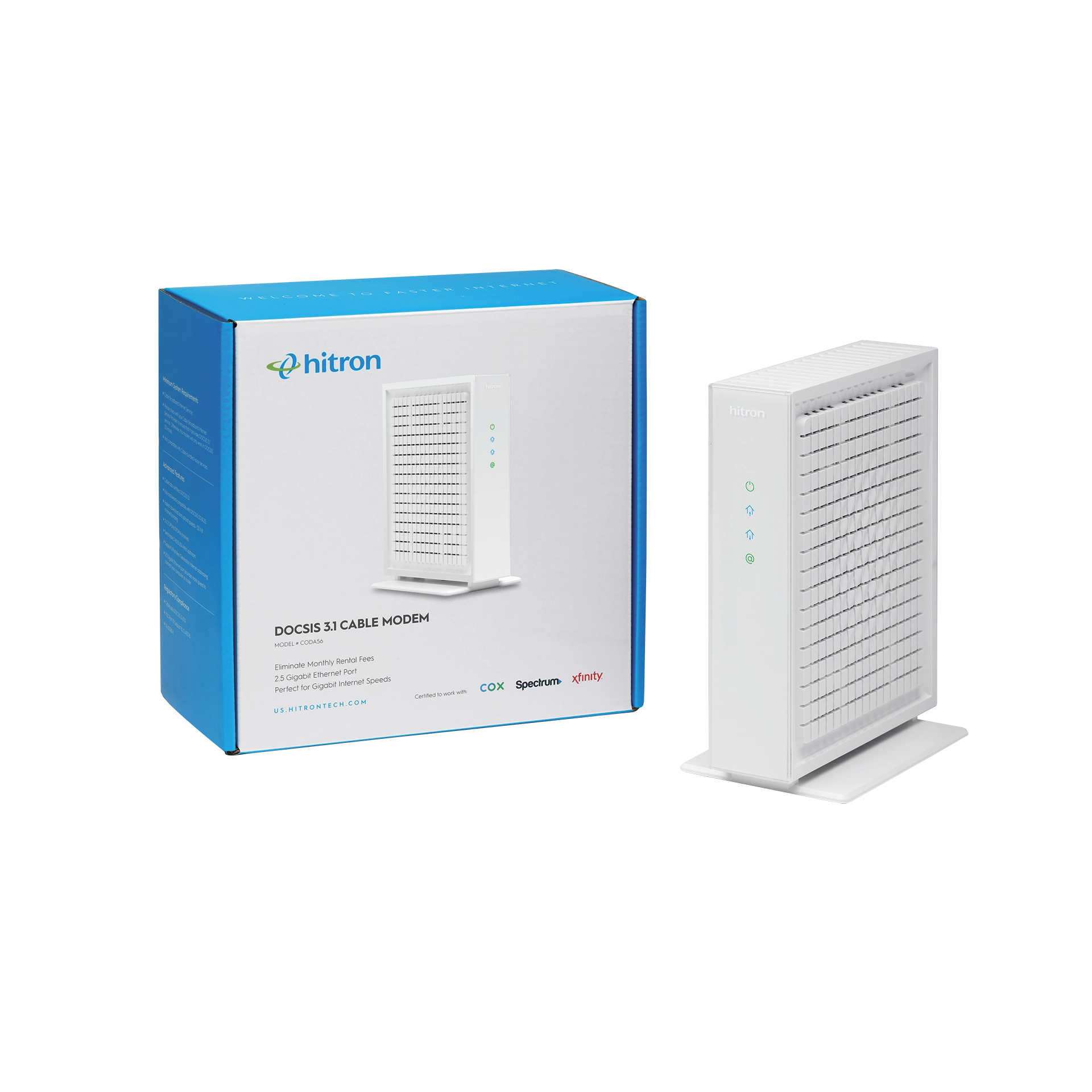To get an Internet connection in your home, you need a modem of some type. The modem communicates with your Internet service provider (ISP), but to get wireless internet (Wi-Fi) you also need a router. The router is a critical part of your home Wi-Fi or office Wi-Fi setup.
A router is the central hub device that all of your wireless devices connect to. A router is different than a modem, but the two devices work together. While a modem receives transmitted data in the form of a digital signal, your router takes that digital signal and translates it into the Wi-Fi signal that your devices understand. This is how your devices can connect wirelessly to the Internet.
When you get Internet set up in your space through your ISP, it is most probable that you rent the modem and router devices from them. However, you do not have to rent them if you do not want to. You could buy the devices instead. We’ve covered this topic specifically for modems already. This page is focusing on the router.
So, should you buy or rent your router? The shortest answer is that it depends on your situation and preferences. But here are some pros and cons to help you decide what is best for you.
Renting a router
Here are some pros and cons of renting your router from an ISP.
Pros:
- You can reach out for customer support from your provider.
- Software updates happen regularly. Guaranteed software updates.
- At the end of your rental, you can return the equipment (this is a pro if you do not want to keep the equipment).
Cons:
- Can be hit with over-priced renting fees, which gets expensive in the long-run.
- Customization isn’t easy and can throw off your device configuration.
- Providers can throttle speeds and bandwidth when it’s convenient for them, so your Internet connection and performance could be inconsistent.
When to rent a router:
Renting a router isn’t a bad idea or a wrong thing to do. There is a time and place for it. For example, if your living situation is temporary, if you split your bill with other people or someone else covers your bill for you (like an employer), then renting could be a viable option for you. But if this isn’t your situation, you may consider buying your own.
Buying a router
Here are some pros and cons of buying your own router.
Pros:
- Less expensive than renting because you buy it once and don’t pay any additional fees. This saves money in the long run.
- Altering advanced settings is easy and doesn’t mess up other configurations.
- You don’t deal with the potential that your ISP throttles your speed or bandwidth like when renting the device.
Cons:
- If the device breaks or has any major issues, you are responsible for buying a new one.
When to buy a router:
You should consider buying your own router if your living situation is permanent and if you are looking for a more cost-effective option.
Whether you choose to rent or buy is your decision to make. But it’s clear that buying a router can have more cost-saving and performance benefits than renting one does.
Buying a cable modem or cable modem router combo like one of Hitron’s offerings makes home networking an easier, better experience overall. Whether you decide to rent or buy, ask your ISP about Hitron’s DOCSIS 3.0 and 3.1, Wi-Fi 6 ready cable modem routers today.
For more information on home networking solutions check out Hitron’s Learn Page .
